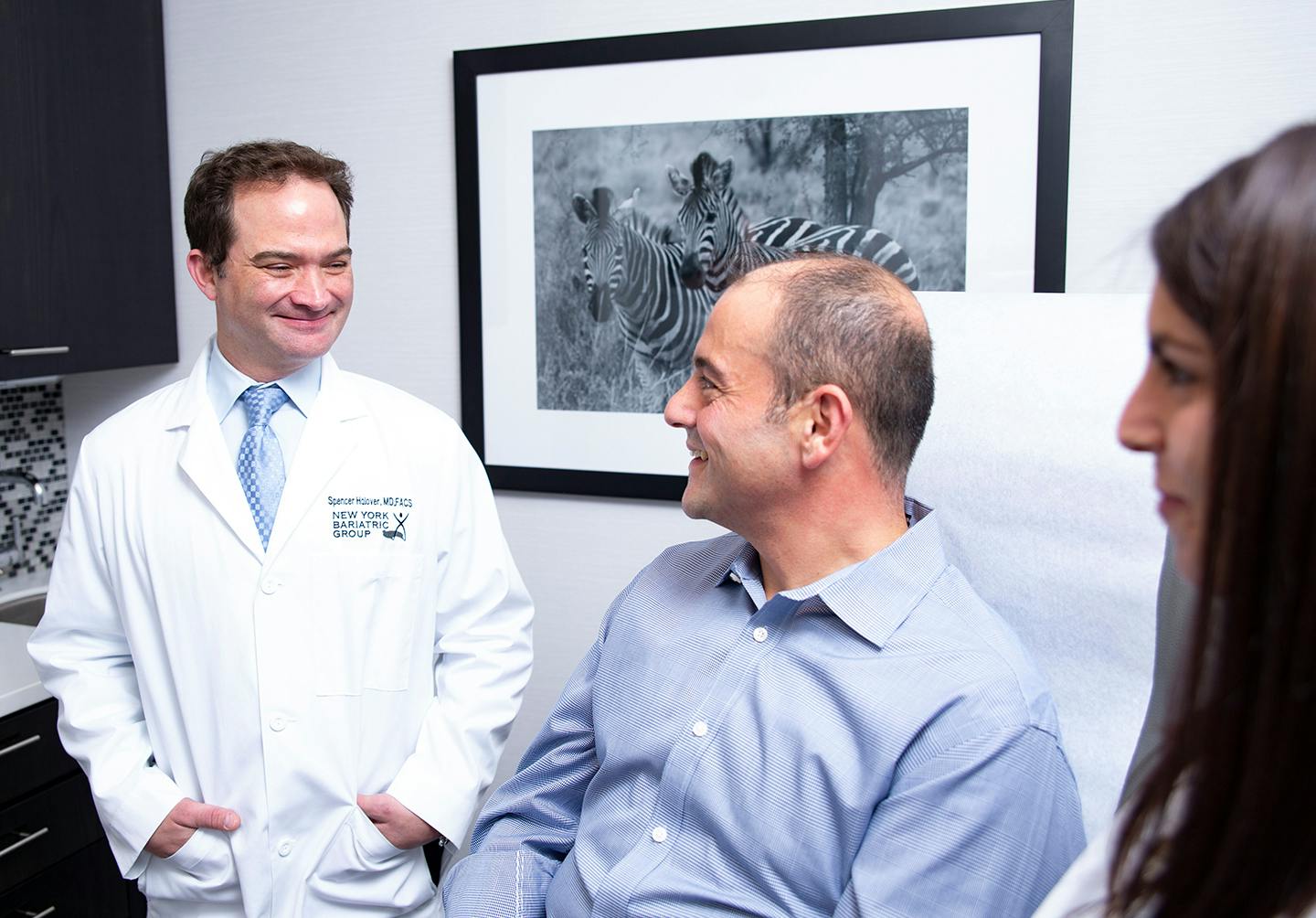There are no guarantees in life. This is especially true when it comes to medicine, in particular bariatric surgery. Information, tips, and guidelines from the experts at the New York Bariatric Group can help you make great strides, and become one of the great lap band or gastric bypass success stories that others use for motivation.
Fifth Key
No Snacking, No Snacking, No Snacking. Our brain lives off glucose and oxygen and it remembers how good sugar makes it feel. We can alter your digestive tract, but only you can alter your eating habits. Snacking is one of the biggest enemies of your post-bariatric surgery diet.














